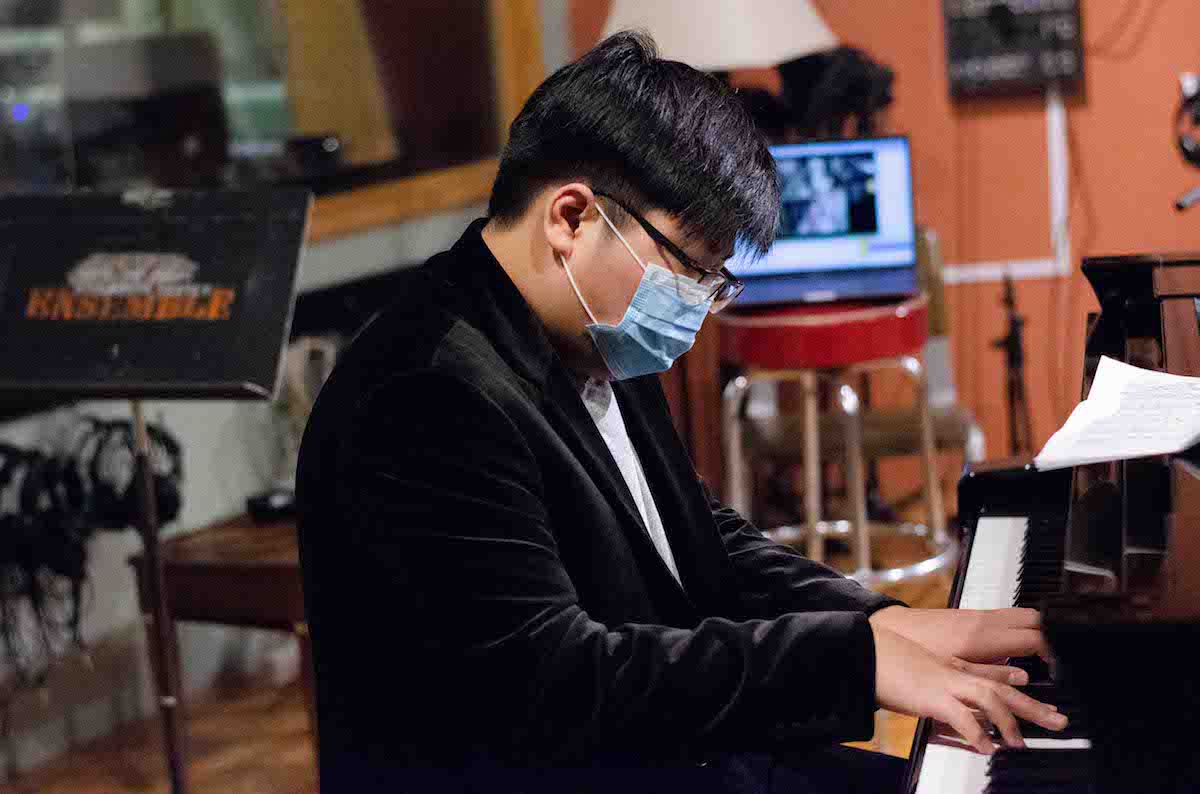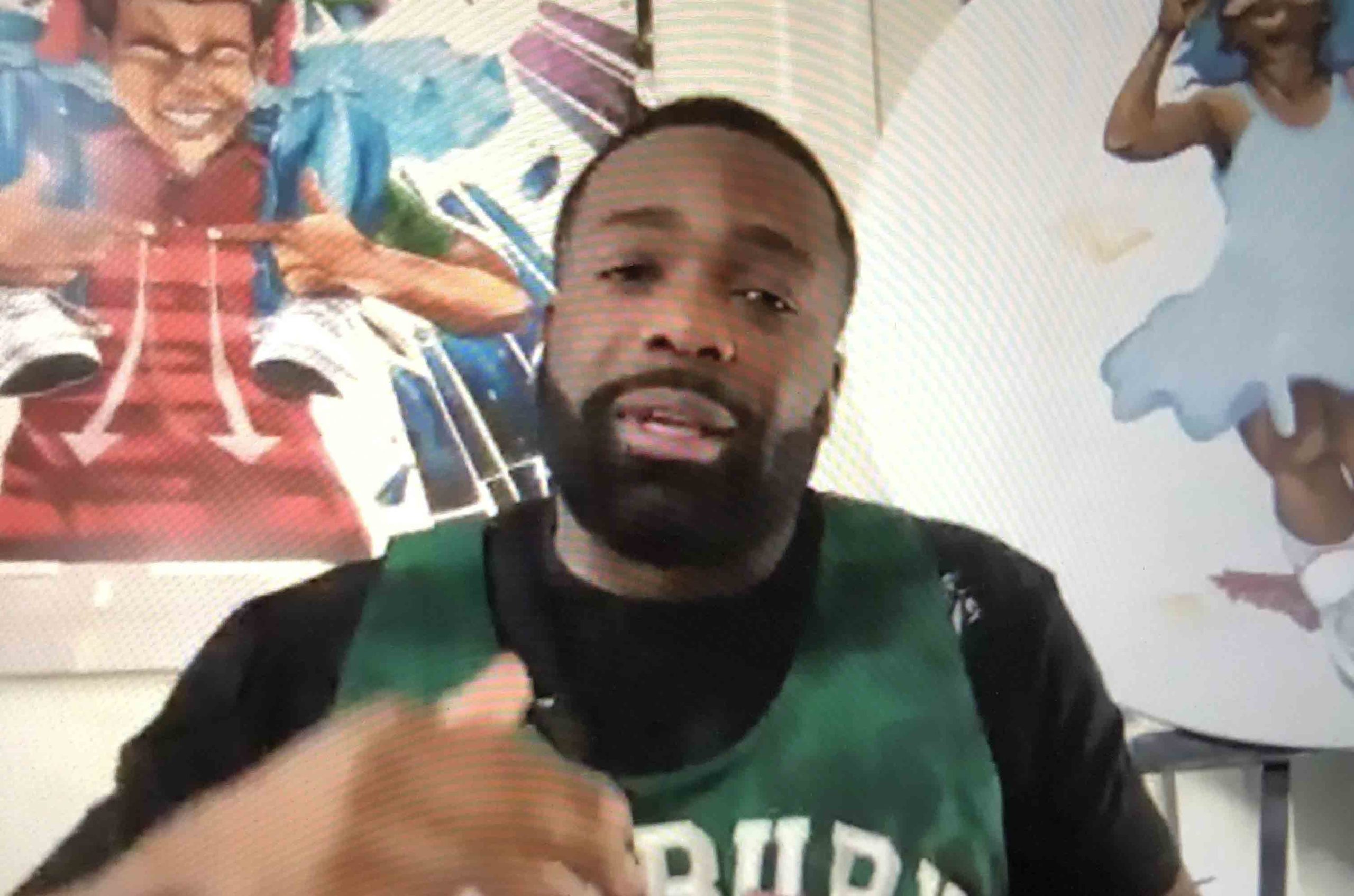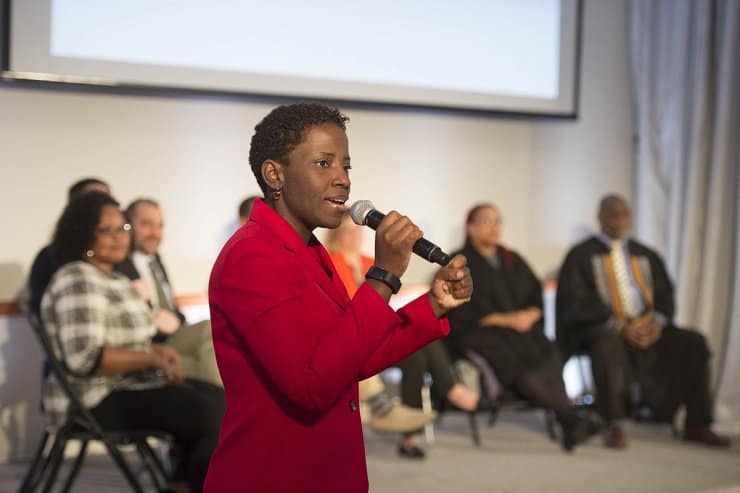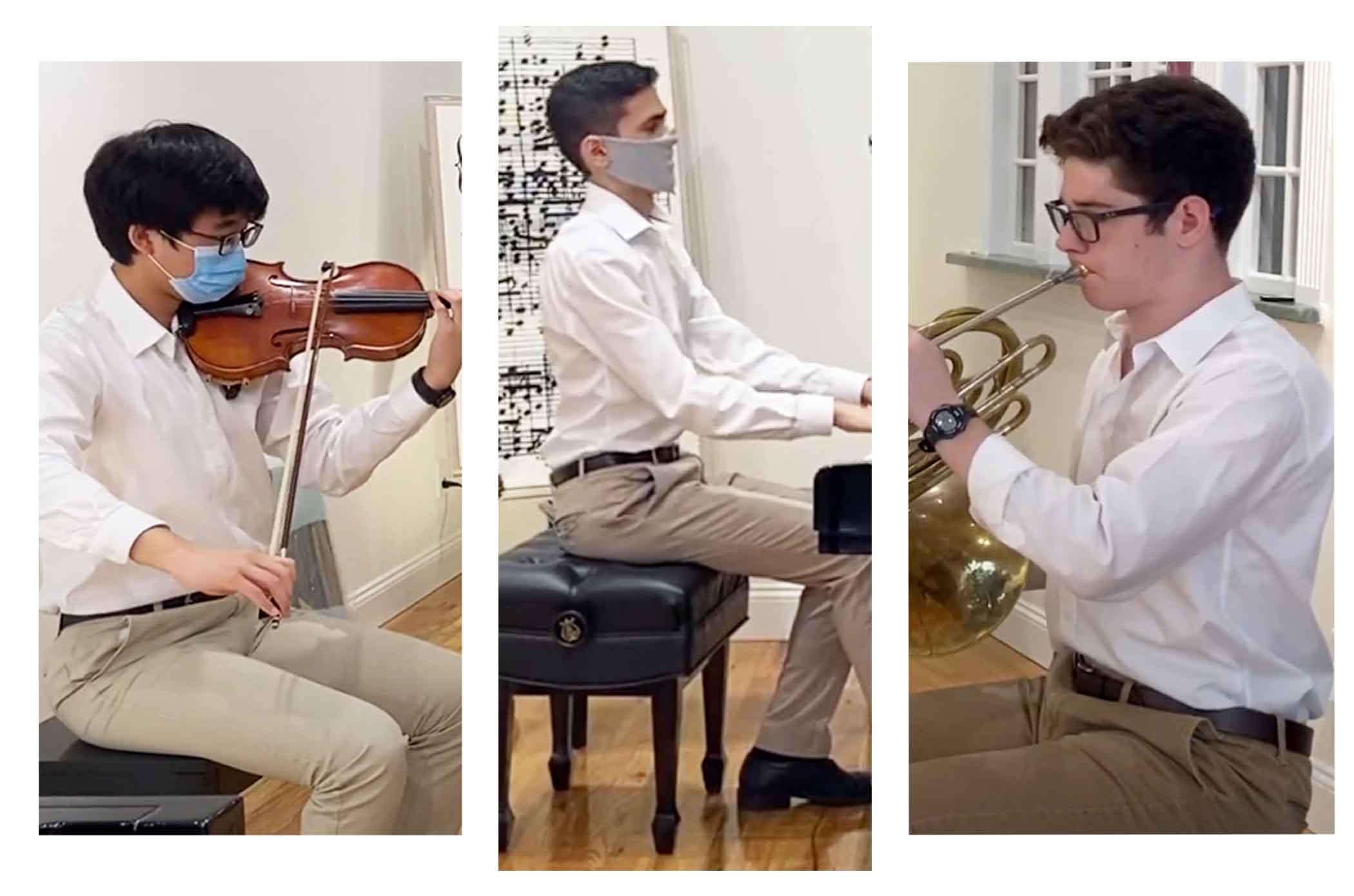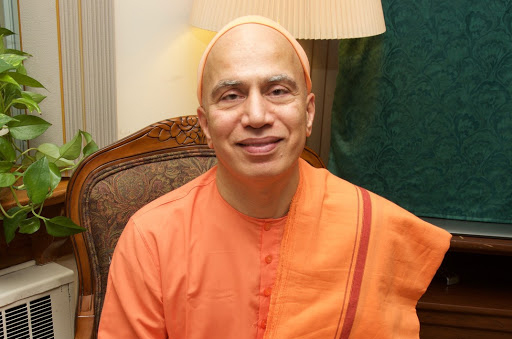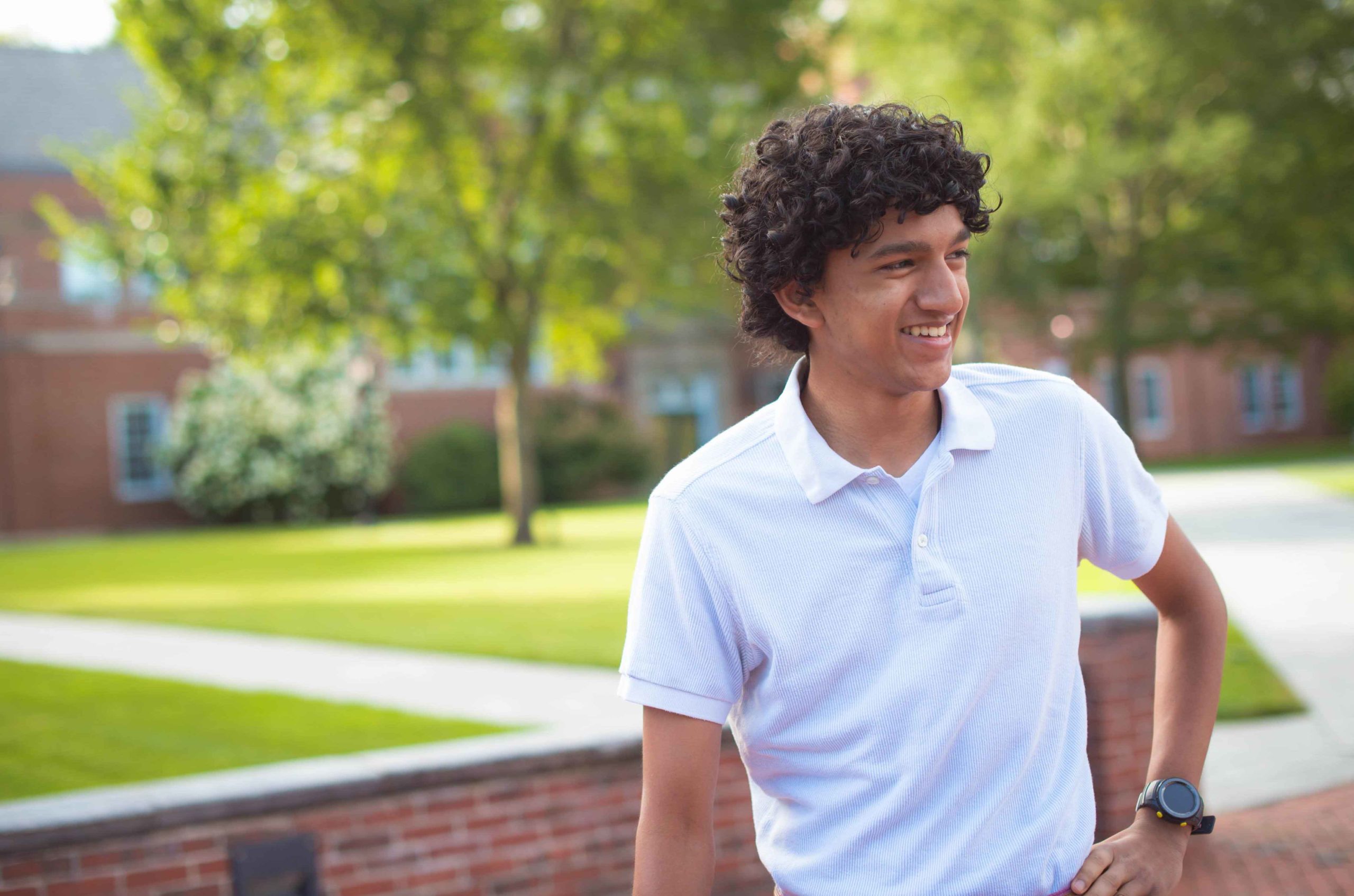On December 3, Roxbury Latin hosted its Inaugural Innovation Exchange with keynote speaker Fernando Rodriguez-Villa ’06. Fernando spoke with students and faculty over Zoom, sharing his journey from RL student to co-founder of AdeptID. Students were able to engage with AdeptID’s technology during a group project, followed by a question and answer session.
“One of the most valuable parts of RL for me,” began Fernando, “was getting an early education in not being the smartest person in the room. At RL, you learn pretty quickly that there are a lot of people out there who are sharp in ways that you are distinctly not. The faculty there know that I was a strong, good, fairly unremarkable student compared to some of the other students that I was lucky enough to share the classroom with. Whether I was at Dartmouth or in banking or beyond, I was never unfamiliar with being around people who were incredibly bright and had perspectives and insights that I wasn’t going to arrive at on my own.”
Fernando is the founder and CEO of AdeptID, a start-up with an AI-enabled platform that predicts the success of transitions between different kinds of jobs. At RL, Fernando was active in theater and Latonics and played varsity football, basketball, and track. After graduation, he spent a year at Eton College before attending Dartmouth.
Fernando left banking in 2014 to work at Knewton, which used machine learning to personalize learning, and since then Fernando—a self-described serial entrepreneur—has spent his career pursuing machine learning ventures around the world. In 2016, he co-founded TellusLabs, a satellite analytics startup that was quickly acquired by Indigo. At Indigo, he served as the Director of International Strategy.
“I liked banking,” said Fernando, “but it was clear to me within a couple of years that it probably wasn’t what I wanted for my long-term career trajectory. I started seeing growing companies and leading companies on the operational side as exciting.
“One client of ours was a CEO who had started his company from above his garage with two friends. They had grown to become a massive and important asset manager over 25 years. He was still close friends with the people with whom he had gone on that journey. He was beloved by that team, and in that camaraderie there was a lot that reminded me of RL. It was inspirational.
“Simultaneously, I was fortunate to start learning from friends outside of work, about some of the trends in technology. I got into what was called big data, which is now known as AI or machine learning. I learned of the potential this technology had to generate predictions or insights at scale—to put that into software that could, in real time, answer pretty interesting questions. So I became obsessed with this one startup based in New York called Knewton, which was using AI on education data.”
Knewton was initially hesitant to hire Fernando, an investment banker with no professional experience in AI or education.
“‘You have this other set of skills,’ they said, ‘and we wouldn’t pay nearly as much as you’re making now,’” said Fernando. “It took a fair amount of work to persuade them that I was excited about the mission and was prepared to face the learning curve of the technology. It took several tries to make them comfortable hiring me!”
Knewton put Fernando in charge of international business development, sending him to Spain, South Africa, India, and Russia to expand the reach of the New York-based company.
“Knewton was a good stepping stone into the world of entrepreneurship,” said Fernando. “Within the world of startups and technology, there are a lot of very early stage companies; AdeptID, which we started this year, is in its pre-seed stage. As companies get larger, they tend to raise more money, get more customers, and hire more people. Knewton was in this later stage when I joined, and so there was a fair amount of risk that had been taken off the table.”
Fernando knew he wanted to get involved with an earlier-stage venture, so he quit his job and moved to Boston with his now wife, Emma.
“That job hunt was not particularly easy or comfortable,” admits Fernando. “I had to go for a lot of coffees to get a sense of founding teams I wanted to join, and ideas I could get excited about. That’s how I found TellusLabs, where I was paired up with two great technical founders who had built algorithms that could—just by looking at satellite images of crops—predict the crop yield per acre. Those kinds of predictions of food supply were exciting, but the challenge was turning that technology into a business.”
In two years the founding trio at TellusLabs had expanded to a team of 14 data scientists and engineers, attracting the attention of one of its partners, Indigo Ag, whose technology fit almost perfectly with the direction in which TellusLabs was headed.
“As we were a customer of theirs,” said Fernando, “they approached us asking if we were interested in joining their company. Initially we said no, because we wanted to build our own independent company, but they made a persuasive offer. Most of the people who were part of TellusLabs are still working for the company and are still happy there. I was also happy to have gone through that, but working for Indigo, a multi-thousand-person company, I learned that I loved that early stage—a couple of people and an idea, a promising technology, and the building and uncertainty that comes with that.”
Fernando left Indigo early this year for his new startup, AdeptID, with co-founder Dr. Brian DeAngelis, to focus on emerging issues in the labor market.
“There seemed to be a lot of dynamics in the labor markets that looked like a matching problem,” said Fernando. “That is very much what machine learning and data science tend to be good at—solving matching problems.
“It’s incredibly hard to change jobs,” adds Fernando, “but something that’s made it easier for me personally is the fact that I have this very blue-chip education. I’ve had a lot of privileges and advantages that have resulted from that. People look at my story and say, ‘Perhaps he hasn’t done this thing, but because he went to these schools, and because he has these other stamps’ they’re willing to take a gamble on me.”
A large portion of the workforce doesn’t have the education and background that Fernando has, and so changing jobs is difficult. Transitioning between industries can feel nearly impossible.
“There are tens of millions of people who are unemployed right now who fall into this category,” said Fernando. “And then there are also people who are employed in industries in structural decline—job losses in hospitality and oil and gas and coal. We estimate around 35 million workers will need to find jobs in something very different than what they’ve done before.”
The entrepreneurial challenge for Fernando and Brian was figuring out the business of solving that problem. Could they excite people by the economic opportunity of trying to address those issues?
“There are certain sectors in which job growth or job demand is faster than the rate at which people can hire for them,” says Fernando. “In sectors like healthcare, renewable energy, and advanced manufacturing—roles like machinists, pharmacy techs—employers are struggling to find people who are certified or ready to do these jobs.”
It is that complex dynamic of supply and demand that drives AdeptID, which uses big data to look more deeply at workers and their underlying skills to find potential cross-industry career matches.
“Just because you’ve been a service unit operator for Chevron doesn’t mean that you can’t do one of these other growing jobs,” says Fernando. “In fact, some of the skills you’ve picked up are incredibly relevant and mean that you are more likely to fit into these new roles. That was our anecdotal perspective, but I had to go out and make it legible—to take these stories and put them into a data format that can allow us to support that perspective from an algorithm standpoint.”
Fernando and his AdeptID co-founder, Dr. DeAngelis, work with employers and vocational training providers in New England as well as the Midwest and Sunbelt to acquire data on hiring patterns and placement rates to help train their models. During the recent session, RL students used sample data from AdeptID, which mapped the “distance” from jobs in one industry to jobs in another on the basis of skill, to work on group projects.
“What we find when we do this,” says Fernando, “is that there are some jobs that are intuitively similar—for instance pharmacy aids and pharmacy technicians—and others whose connections are a little less obvious, like a cashier or food service worker with that same pharmacy technician role. It turns out there’s actually a fair amount of overlap. If the data starts to say that, we say, ‘Okay, can we confirm that?’ and the hiring managers we’ve spoken to at places like Boston Medical have agreed.”


